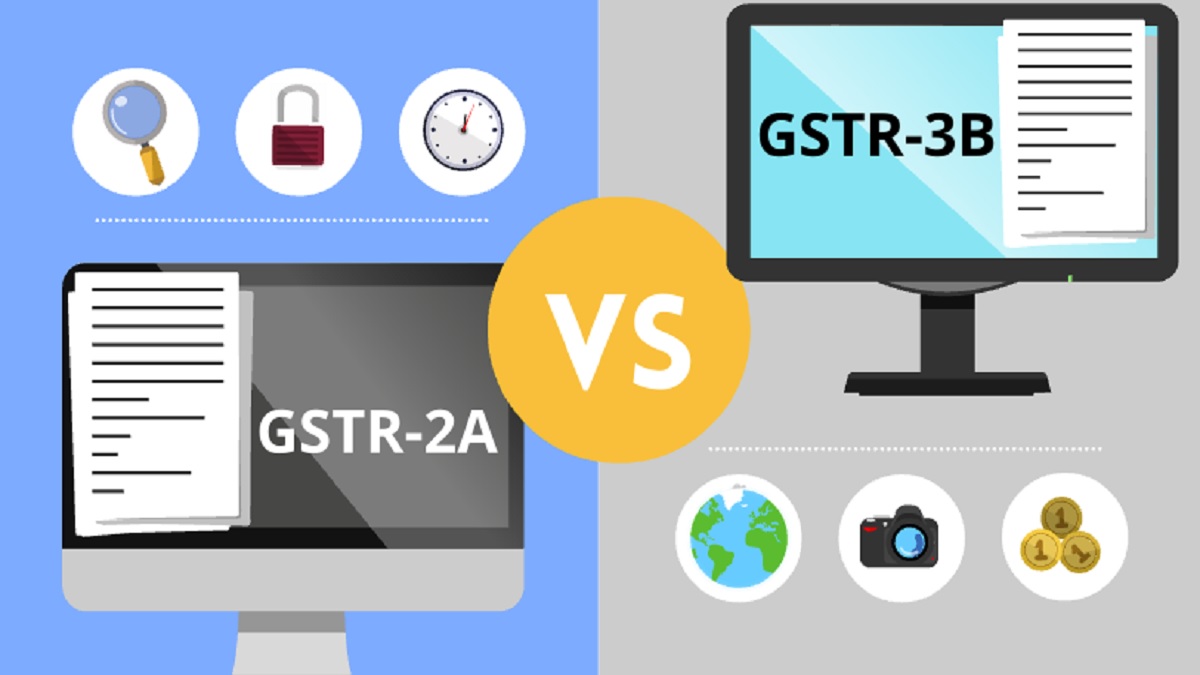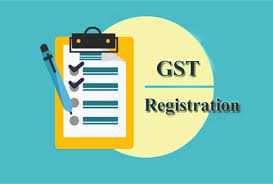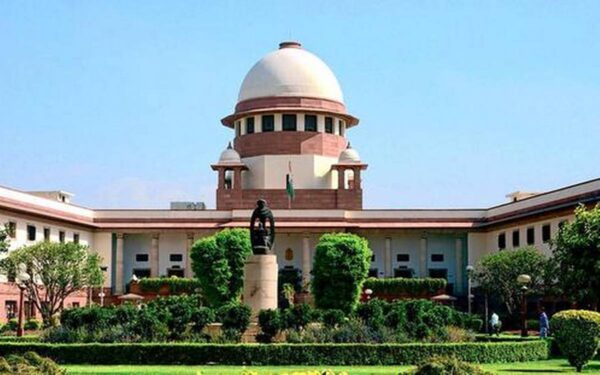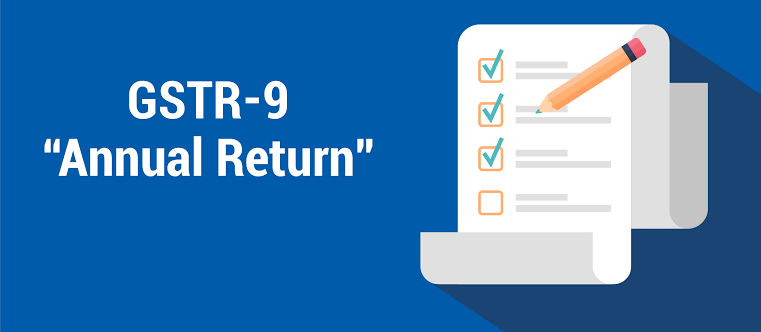The concept of Matching forms the backbone of ITC (Input Tax Credit) under the GST regime. According to this concept, ITC availing by the recipient for inward supply will be accepted only if the corresponding outward supply of supplier is matched.
Section 42 of the CGST Act prescribed the procedure for matching the outwards liability & Input Tax Credit thru filing of GSTR 1, GSTR 2 & GSTR 3. According to this section, the details of every inward supply furnished in GSTR 2 shall be matched with corresponding details of outward supply furnished in GSTR 1 of the corresponding supplier.
However, in absence of the development of a system regarding auto-generation and filing of GSTR-2 and GSTR-3, the application of Section 42 was suspended and a new summary return GSTR-3B was introduced which is still continuing.
In this regard Rule 36(4) of the CGST Rules, 2017 is also relevant which imposes a restriction that a taxpayer can avail ITC pertaining to outward supplies not declared by his supplier in Form GSTR-1 (and reflected in Form GSTR 2-A/2-B) only up to the extent of 20% ( from 09.10.2019 to 31.12.2019) , 10% (from 01.01.2020 to 31.12.2020) and 5% (from 01.01.2021) of the eligible credit available regarding invoices declared by his suppliers in Form GSTR-1. However, the validity of the said provision has been challenged in various High Courts in view of the non-notification of Section 43A.
In the last one year, it has been witnessed that numerous GST assesses are receiving notices from the department asking them to explain the mismatch of Input Tax Credit (ITC) claimed in their returns (i.e. GSTR-3B) vis-à-vis GSTR-2A. Further, the assesses have been asked to reverse ITC along with interest and penalty in absence of a satisfactory response.
This article attempts to discuss this issue along with the procedure that can be adopted to defend such cases.
Doctrine of Impossibility
The Revenue cannot arbitrarily reject the ITC on account of the mismatch between ITC claimed in Form GSTR-3B vis-à-vis ITC reflecting in Form GSTR -2A on the GST portal. It is important to note here that as per Section 16 (2) (c) of the CGST Act, the benefit of ITC cannot be denied to the taxpayer on account of the default of the supplier, over whom the taxpayer does not have any control. Further, the legal maxim, lex non cogit ad impossibilia, is also relevant here that postulates that law cannot compel a man to do that which cannot possibly be performed.
The recipient does not have any control over the omissions and errors committed by the supplier.
Accordingly, the law cannot compel the taxpayer to do the impossible, i.e., to ensure that the Supplier has paid the tax to the Government. It is unjust to deny credit to the taxpayer on failure on part of the Supplier to furnish details on the same in time.
ITC cannot be denied in the absence of malafide intension and collusion between supplier and recipient
The most absurd provision in Section 16(2)(c) is that it imposes an unreasonable burden on a recipient who might otherwise be bonafide. It makes the recipient responsible for the actions of the supplier, even if two of them are unrelated. Thus, this provision penalizes the recipient for the fault of a third party, i.e. the supplier, even in the absence of collusion between the two.
The Courts have consistently held under VAT regime that where the purchaser is bonafide and there is the absence of mala fide intention, connivance or wrongful association of the purchaser with the supplier, the reversal of credit cannot be sought by Department from purchaser.
Apex court dismissed the petition filed by the revenue against the order of Delhi High Court in case of Arise India Limited (TS-314-HC-2017). Wherein Delhi High Court has held that similar provision of Delhi VAT act being arbitrary and unconstitutional. Court also held that purchasing dealer cannot be expected to keep track of whether the selling dealer has in fact deposited tax. Further, court also held that department is not helpless if selling dealer commits a default.
Tax and interest should be demanded from supplier who has collected the tax and not the recipient
It is totally arbitrary and unjust to directly seek reversal of ITC from bonafide recipient instead of recovering the amount from the supplier who has collected the amount from the recipient and thus in reality is the actual defaulter.
Under Section 42(3) of the CGST Act,2017, the department has to go to both supplier and recipient in case of mismatch of GSTR-3B and GSTR-2A. In this regard, Madras High Court in the case of M/s D.Y Beathel Enterprises v. The State Tax Officer (Data Cell) , has quashed the order passed by the officer levying the entire tax liability on the purchasing dealer without involving the seller, where the payment of tax has been made by the purchasing dealer, but the same has not been remitted to the Government by the Seller. It was adjudged by High Court that, the omission on the part of the Seller to remit the tax should have been viewed very seriously and strict action ought to have been initiated against the seller.
Conclusion
The most important defence by taxpayer is that the complete mechanism of matching of ITC as laid down under GST Law has not yet been implemented and accordingly the Department is not justified in imposing demands on assesses due to non-matching of ITC.
Further other defenses and discussed above may be put forth before the authorities to defend the cases where the Department is seeking reversal of ITC due to non-matching of ITC between GSTR-3B and GSTR-2A/2-B.
It is however important to note that vide the Finance Act, 2021 sub-clause (aa) in Section 16(2) of the CGST Act has been inserted:
“(aa) the details of the invoice or debit note referred to in clause (a) has been furnished by the supplier in the statement of outward supplies and such details have been communicated to the recipient of such invoice or debit note in the manner specified under section 37.”
Although as of date the above sub-clause has not yet been notified/made operative, but once same is notified ITC will be restricted to that appearing in GSTR-2A/ 2B and the concept of provisional credit will evaporate. Further the grace ITC limit of 5% as per Rule 36(4) of the CGST Rules, 2017 will also go. However, this will also witness judicial scrutiny as it is expected that writs would be filed against the sub-clause.
***
Follow us for free tax updates : facebook Twitter
Subscribe to our portal and get FREE Tax e-books, quality articles and updates on your e-mail.
Resolve your GST queries from national level experts on GST free of cost.
Frah Saeed is a law graduate specializing in the core field of indirect taxes and is the Co-founder of taxwallah.com. She has authored many publications on GST and is into full-time consultancy on GST to big corporates. She as a part of taxwallah.com heads a team comprising of Chartered Accountants and Advocates and plays a key role in our mission to disseminate GST knowledge to all.




